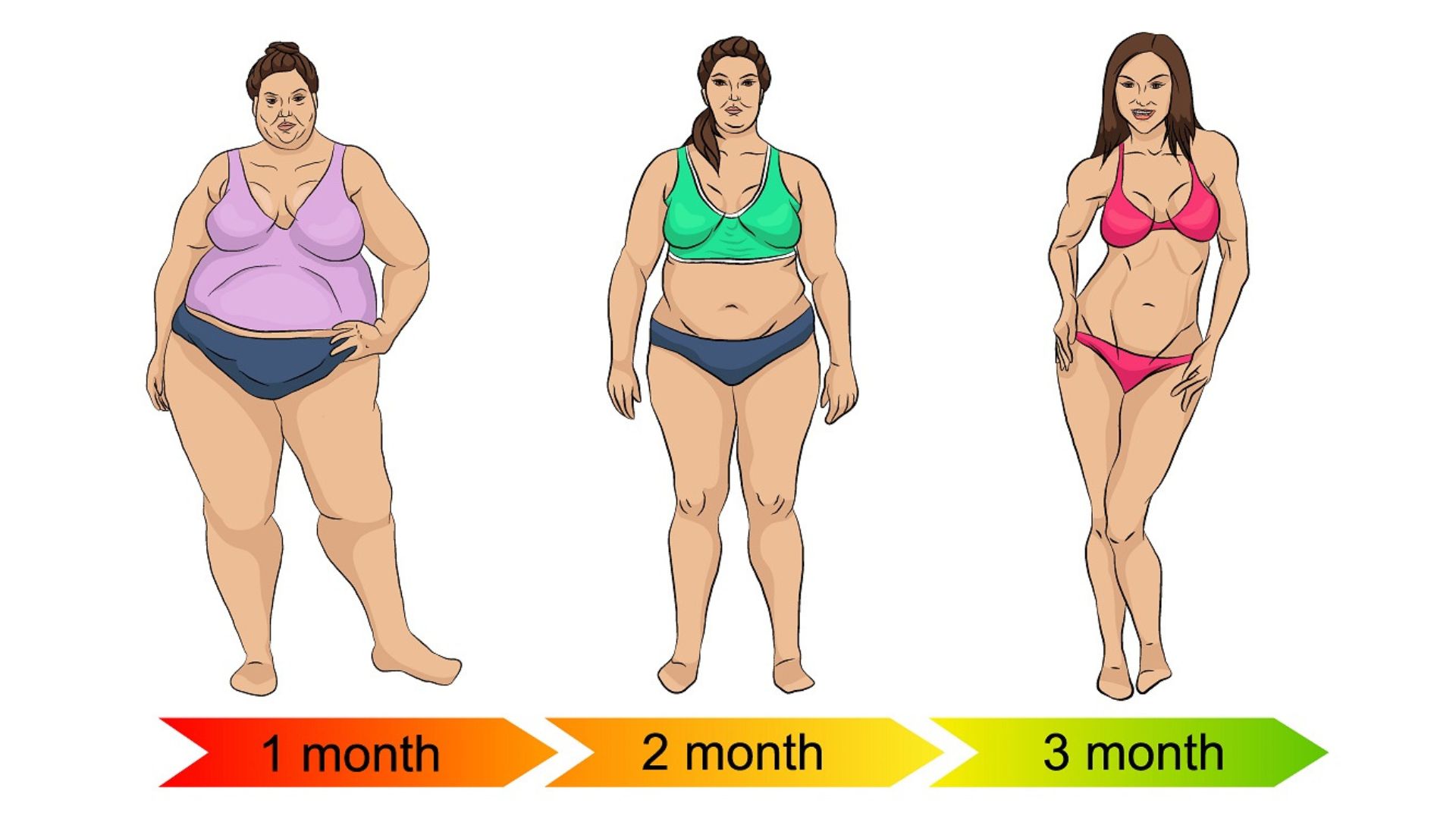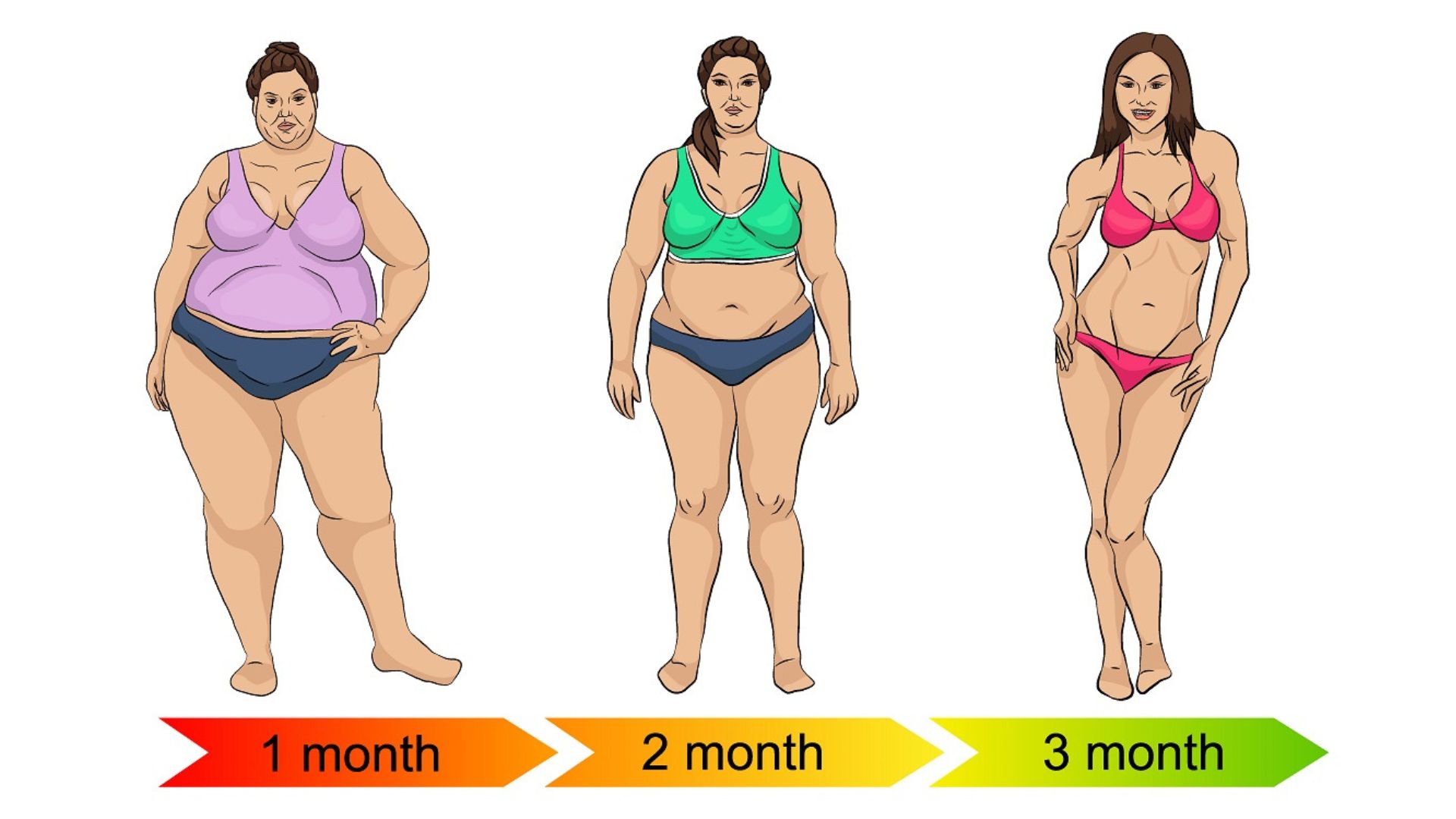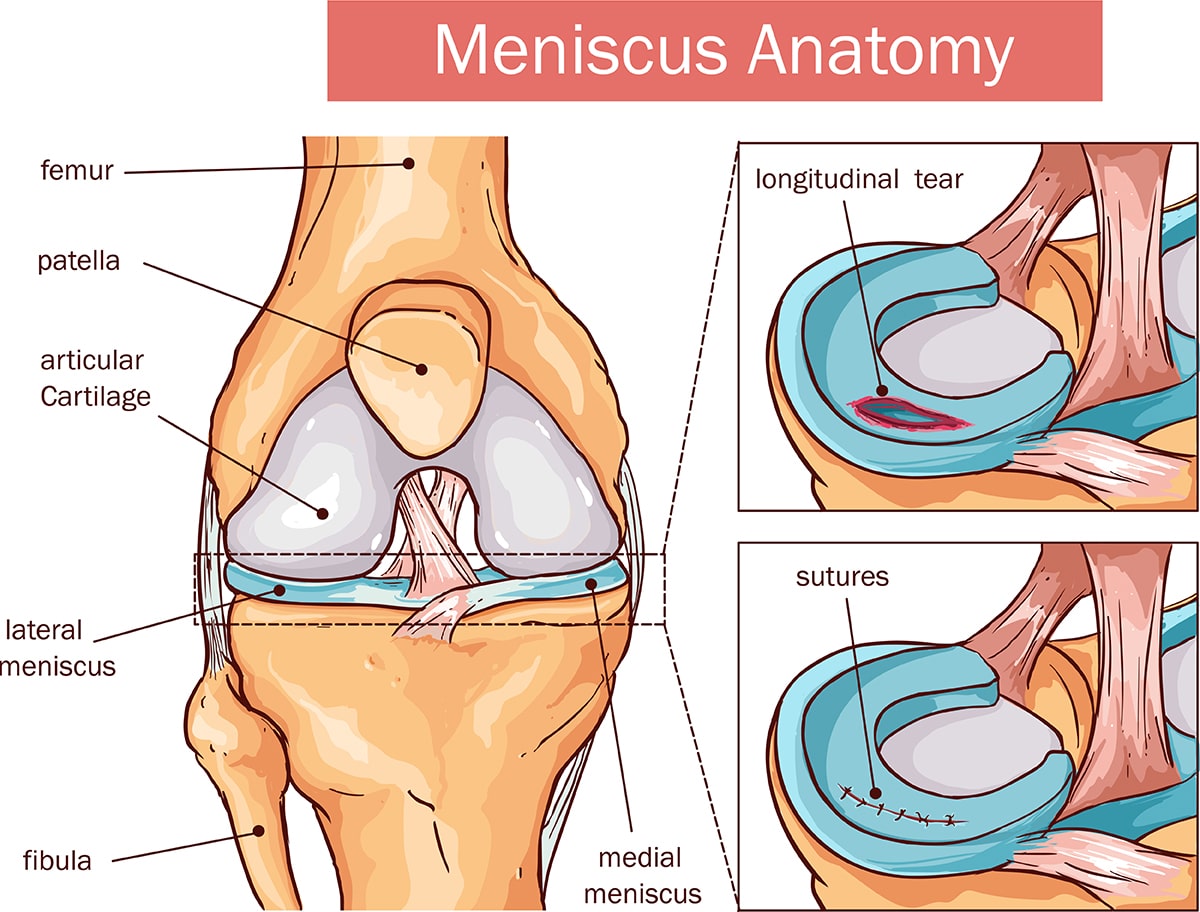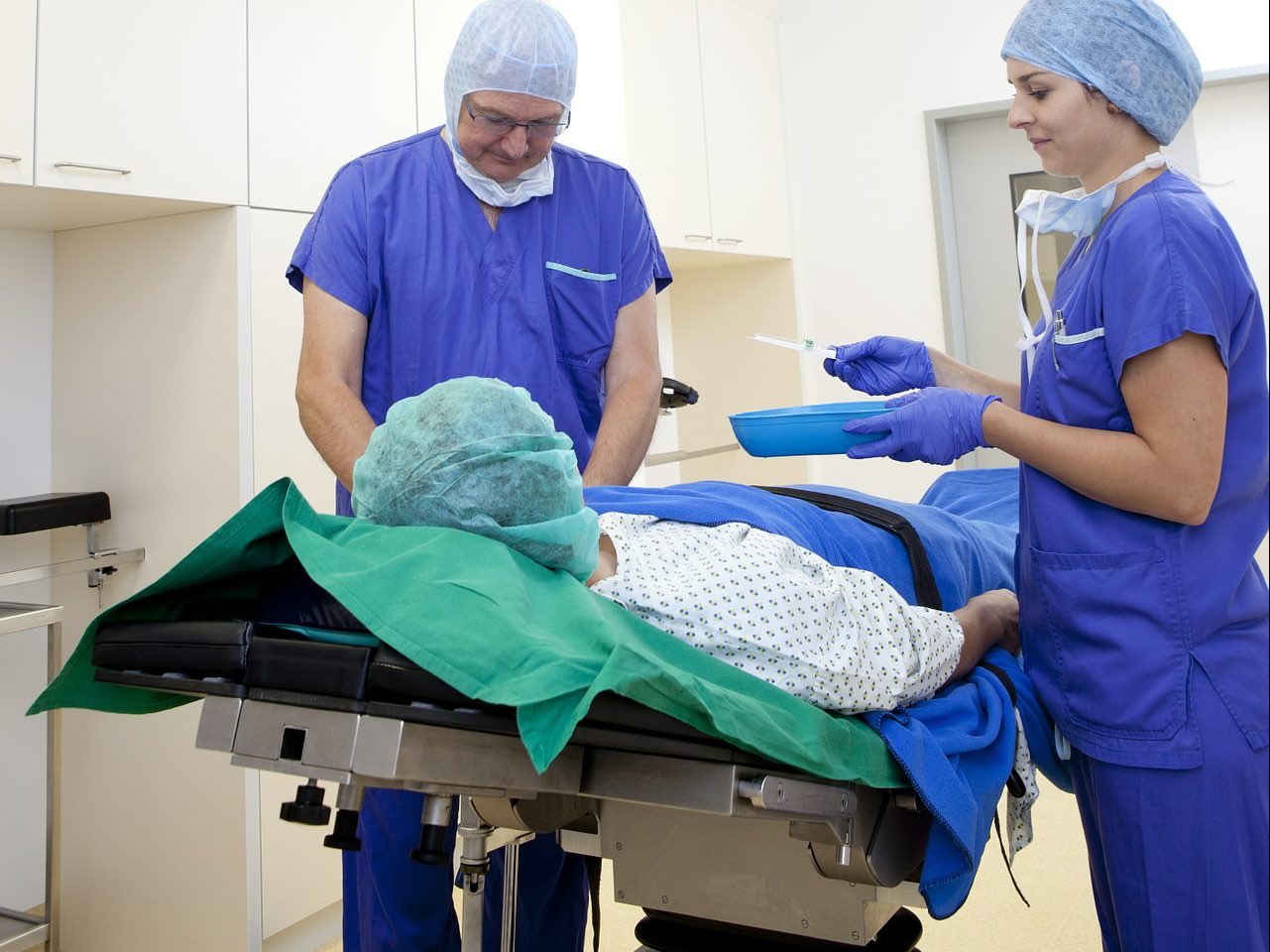

Finance
How Much Is VSG Surgery Without Insurance
Modified: February 21, 2024
Find out the cost of VSG surgery without insurance and explore financing options to make it more affordable.
(Many of the links in this article redirect to a specific reviewed product. Your purchase of these products through affiliate links helps to generate commission for LiveWell, at no extra cost. Learn more)
Table of Contents
Introduction
VSG (Vertical Sleeve Gastrectomy) surgery, also known as gastric sleeve surgery, is a popular weight loss procedure that involves removing a large portion of the stomach to create a smaller, sleeve-shaped stomach. This surgery helps individuals who are struggling with obesity to achieve significant weight loss and improve their overall health.
However, the cost of VSG surgery can be a significant barrier for many individuals, especially those without insurance coverage. Without insurance, the cost of VSG surgery can seem daunting, but it is important to understand the factors that affect the cost and explore financing options that may help make this life-changing procedure more accessible.
In this article, we will delve into the world of VSG surgery and discuss how much it typically costs without insurance. Additionally, we will explore the various factors that influence the cost of VSG surgery and offer insights into financing options that can help individuals overcome financial obstacles and achieve their weight loss goals.
Understanding VSG Surgery
VSG surgery is a surgical weight loss procedure that involves the removal of a large portion of the stomach. The remaining stomach is reshaped into a sleeve-like structure, reducing its capacity and limiting the amount of food that can be consumed. This leads to weight loss by restricting the amount of food intake and reducing hunger.
The surgery is performed laparoscopically, using small incisions and a camera for visualization. This minimally invasive approach allows for quicker recovery and reduces the risks associated with open surgery.
Vertical Sleeve Gastrectomy surgery not only results in weight loss but also brings about changes in gut hormones that reduce appetite, improve blood sugar control, and have positive impacts on metabolic health. It is especially effective for individuals with a high body mass index (BMI) and those with obesity-related health conditions like diabetes, hypertension, or sleep apnea.
The procedure is typically performed by experienced bariatric surgeons and requires careful patient selection, thorough pre-operative evaluations, and post-operative support. It is crucial for individuals considering VSG surgery to understand the procedure, risks, potential benefits, and the lifestyle changes required for long-term success.
Prior to undergoing VSG surgery, patients undergo an extensive evaluation process which may include medical history assessment, physical examination, blood tests, and consultations with various healthcare professionals such as dietitians and psychologists. This comprehensive evaluation ensures that patients are mentally and physically prepared for the procedure and have realistic expectations.
Factors Affecting Cost
The cost of VSG surgery can vary significantly depending on several factors. It is important to understand these factors when considering the financial implications of the procedure without insurance coverage. Here are some key factors that influence the cost of VSG surgery:
- Location: The cost of VSG surgery can differ based on geographical location. Factors such as the cost of living, local competition among healthcare providers, and regional medical expenses can impact the overall cost.
- Hospital or Clinic Fee: The facility where the surgery takes place will have its own fee structure, which can vary. High-end hospitals or specialized clinics may charge more compared to smaller, local surgical centers.
- Surgeon’s Fee: The experience and reputation of the surgeon performing the VSG procedure will influence the cost. Surgeons with extensive experience and a track record of successful surgeries may charge higher fees.
- Pre-operative Evaluations: The comprehensive evaluations conducted before the surgery, which may include consultations with various healthcare professionals, laboratory tests, and imaging studies, can contribute to the overall cost.
- Anesthesia: The cost of anesthesia during the surgery can vary. Anesthesia fees typically depend on the duration of the surgery and the experience of the anesthesiologist.
- Post-operative Care: The cost of post-operative care, including hospital stay, medications, follow-up visits, and ongoing support such as nutritional counseling, will impact the overall cost of VSG surgery.
- Additional Services: Some additional services that may be required, such as psychological counseling or specialized medical equipment, can contribute to the overall cost.
It’s essential to remember that these factors are not exhaustive and costs can vary based on individual circumstances and specific provider policies. Consulting with healthcare professionals and obtaining detailed cost estimates from multiple sources can help in assessing the overall expenses associated with VSG surgery without insurance.
The Cost of VSG Surgery Without Insurance
Without insurance coverage, the cost of VSG surgery can be significant. On average, the cost of VSG surgery in the United States ranges between $15,000 and $30,000. However, it is important to note that costs can vary depending on the factors mentioned earlier.
Hospital or clinic fees can range from $3,000 to $10,000, while the surgeon’s fee can range from $5,000 to $15,000. Pre-operative evaluations, anesthesia, and post-operative care can also add to the overall cost.
It is crucial to keep in mind that the cost of VSG surgery without insurance is a one-time expense. While it may seem high, it is an investment in long-term health and well-being. Weight loss achieved through VSG surgery can lead to significant improvements in obesity-related health conditions, reducing the need for costly medications, doctor visits, and hospitalizations in the future.
To make VSG surgery more affordable without insurance, some individuals opt to travel to countries where the cost of medical procedures is lower. Medical tourism can provide cost savings, but it is important to thoroughly research and ensure the quality and safety standards of the healthcare facility and the expertise of the medical professionals involved.
It is worth exploring financing options to cover the cost of VSG surgery without insurance. Many healthcare providers offer payment plans or financing options that allow individuals to spread out the cost over time. Additionally, some financial institutions offer loans specifically for medical procedures.
Furthermore, there may be grants or charitable organizations that provide financial assistance for individuals seeking weight loss surgery. Researching and reaching out to these resources can potentially help alleviate the financial burden of VSG surgery without insurance.
Lastly, it is crucial to consult with healthcare professionals and gather detailed cost estimates from different providers. By doing so, individuals can make informed decisions and choose the most cost-effective option without compromising on the quality and safety of the procedure.
Financing Options for VSG Surgery
While the cost of VSG surgery without insurance may initially seem overwhelming, there are several financing options available to make this life-changing procedure more affordable. Here are some common financing options to consider:
- Payment Plans: Many healthcare providers offer payment plans that allow individuals to spread out the cost of VSG surgery over a set period of time. These plans typically involve making monthly payments with little to no interest.
- Medical Loans: Financial institutions and specialized medical loan providers offer loans specifically for medical procedures. These loans can cover the entire cost of VSG surgery, and individuals can repay the loan in fixed monthly installments over a predetermined period.
- Healthcare Credit Cards: Healthcare-specific credit cards can be used to cover the cost of VSG surgery. These cards often offer special financing options, such as zero or low-interest rates for a certain period. It is important to carefully review the terms and conditions of these cards before proceeding.
- Personal Savings: Using personal savings or setting aside money specifically for VSG surgery is another option. Planning and saving in advance can help individuals cover the cost without relying on external financing.
- Grants and Charitable Organizations: There are grants and charitable organizations that provide financial assistance for individuals seeking weight loss surgery. Researching and applying for these grants can help alleviate the financial burden.
- Employer-sponsored Health Plans: Some employers offer health plans that cover weight loss surgeries like VSG. It is important to review the benefits offered by your employer and communicate with the human resources department to explore available options.
- Medical Tourism: As mentioned earlier, traveling to countries where the cost of medical procedures is lower can provide cost savings. However, it is crucial to thoroughly research and ensure the quality and safety standards of the healthcare facilities and the expertise of the medical professionals involved.
Each financing option has its own advantages and considerations. It is essential to carefully review the terms, interest rates, repayment plans, and eligibility criteria when considering any financing option for VSG surgery. Consulting with financial advisors or professionals experienced in medical financing can also provide valuable guidance.
Remember, the focus should be on finding a financing option that suits your financial situation and allows you to prioritize your health and well-being.
Conclusion
VSG surgery offers an effective solution for individuals struggling with obesity, helping them achieve significant weight loss and improve their overall health. However, the cost of VSG surgery without insurance can present a financial challenge for many individuals.
Understanding the factors that influence the cost of VSG surgery, such as location, hospital fees, surgeon fees, and additional services, can help individuals better plan and budget for the procedure. It is crucial to consult with healthcare professionals and obtain detailed cost estimates from different providers in order to make an informed decision.
Fortunately, there are various financing options available to make VSG surgery more affordable. Payment plans, medical loans, healthcare credit cards, personal savings, grants, and employer-sponsored health plans can help individuals cover the cost of VSG surgery without insurance. It is important to carefully analyze and choose the financing option that best suits your financial situation and long-term goals.
It is also worth considering traveling to countries where the cost of medical procedures is lower, but thorough research and assessment of the quality and safety standards of the healthcare facilities are essential in making informed decisions.
In conclusion, while the cost of VSG surgery without insurance may initially seem daunting, it is important to explore financing options and diligently plan for the procedure. The investment in VSG surgery can lead to significant improvements in health, reducing the burden of obesity-related conditions and improving overall quality of life.














